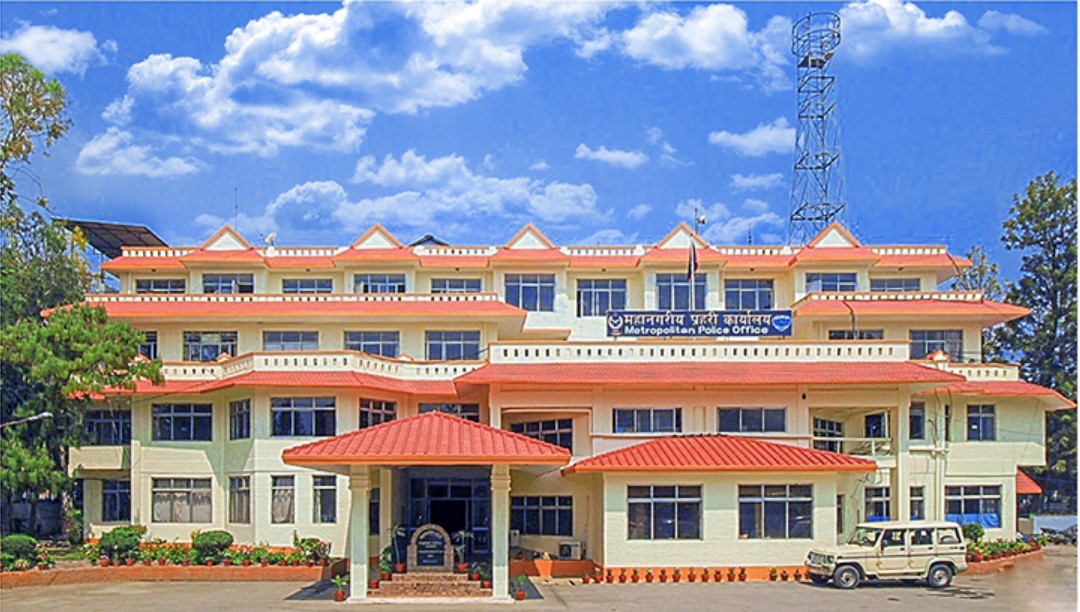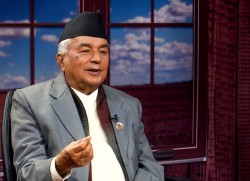Nepal

The police have launched an investigation following a complaint by the family of Prem Prasad Acharya, who set himself on fire in front of the Parliament building on January 24.
On January 26, Acharya's family filed a complaint on the charge of abetment to suicide.
Acharya, a native of Kerabari, Suryodaya-11, Ilam, blamed 11 individuals and organisations, including Prime Minister Pushpa Kamal Dahal' Prachanda', for his death in what is thought to be a suicide note.
Before setting himself on fire, Acharya had posted a 25-point list of demands on his Facebook wall. The message implies that he was financially depleted due to his failed businesses, for which government policies were to blame. He also mentioned that he was suffering from mental issues, which drove him to take such an extreme step.
Advocate Swagat Nepal, who is providing legal assistance to his family, has said that a complaint has been registered against the government of Nepal, along with the individuals and organisations Acharya mentioned in his Facebook note.
Confirming the registration of the complaint, Superintendent Dineshraj Mainali, spokesman for the District Police Complex Kathmandu, said they had started an investigation.
"An investigating team has started gathering necessary details and physical evidence. After the investigation is over, the police will submit a report to the public prosecutor's office," he said.
Recently, the police arrested and prosecuted a man after a woman immolated herself on December 4, 2022, in front of his house, saying that her ex-fiancé broke off the marriage. Pushpa Neupane, 27, of Baneshwor-10, died three days later. The case is sub-judice.
A decision on whether to arrest those persons accused by Acharya will be made during the investigation, SP Mainali said.
What does the law say?
As per the Nepal Penal Code, anyone accountable for abetment to suicide will be imprisoned for up to five years and fined up to Rs50,000.
Section 185 of the Code says, "one shall not instigate suicide or create or cause circumstances leading to such an act." This law came into being in 2017.
Following the enactment of the new law, TV journalist Salikram Pudasaini in video footage left on his mobile, accused people, including his former colleague Rabi Lamichhane, of forcing him to commit suicide.
Soon afterwards, a case was filed against Lamichhane and two other New24 colleagues, Yuvraj Kandel and Asmita Karki, in the Chitwan District Court in an alleged abetment to suicide. However, the court acquitted all three of the charge.
The incident stirred a widespread debate as to whether a person can be prosecuted only based on declarations or accusations made by a person before his death.
Advocate Nepal, who is helping Acharya's family with legal matters, says that the case could be proven based on the names mentioned on Facebook and the events linked to them since the declaration of death is considered proof by the law.
Also read: Similarities between Prem Acharya and Mohamed Bouazizi






